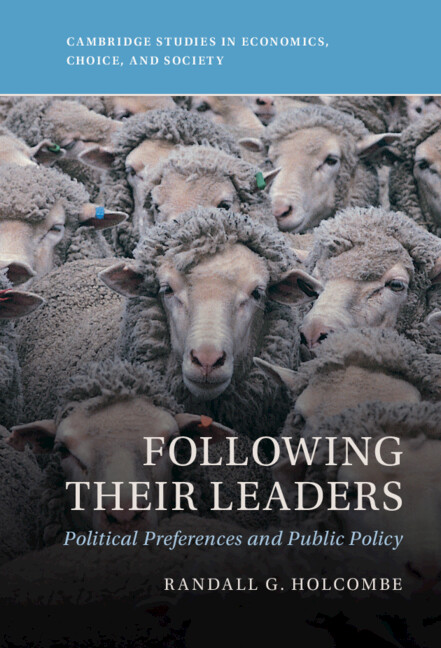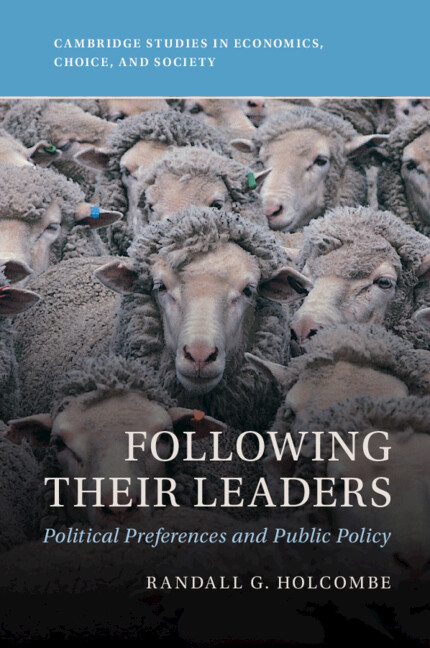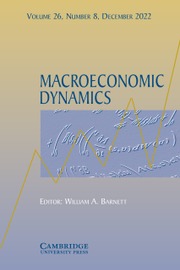Politics as Exchange
Political institutions have been depicted by academics as a marketplace where citizens transact with each other to accomplish collective ends difficult to accomplish otherwise. This depiction supports a romantic notion of democracy in which democratic governments are accountable to their citizens, and act in their best interests. In Politics as Exchange, Randall Holcombe explains why this view of democracy is too optimistic. He argues that while there is a political marketplace in which public policy is made, access to the political marketplace is limited to an elite few. A small group of well-connected individuals-legislators, lobbyists, agency heads, and others-negotiate to produce public policies with which the masses must comply. Examining the political transactions that determine policy, Holcombe discusses how political institutions, citizen mobility, and competition can limit the ability of elites to abuse their power.
- Provides a realistic description of the political transactions which ultimately determine public policy
- Combines theories from different disciplines to give readers a broader picture of the political process
- Explains why many citizens have minimal engagement with politics, meaning that democratic elections are less of a constraint on government than is often believed
Product details
November 2025Paperback
9781009693974
250 pages
229 × 152 mm
Not yet published - available from November 2025
Table of Contents
- 1. The political marketplace
- 2. Market institutions
- 3. Transaction costs and institutions
- 4. The characteristics of authority
- 5. The ruling class
- 6. The institutional structure of the political marketplace
- 7. Political transactions
- 8. Interest groups: Elites and masses
- 9. Welfare maximization, redistribution, and governance
- 10. The scope of authority
- 11. Mobility and authority
- 12. Democracy and authority
- 13. Constraining leviathan: competition among elites
- 14. Politics as exchange.







